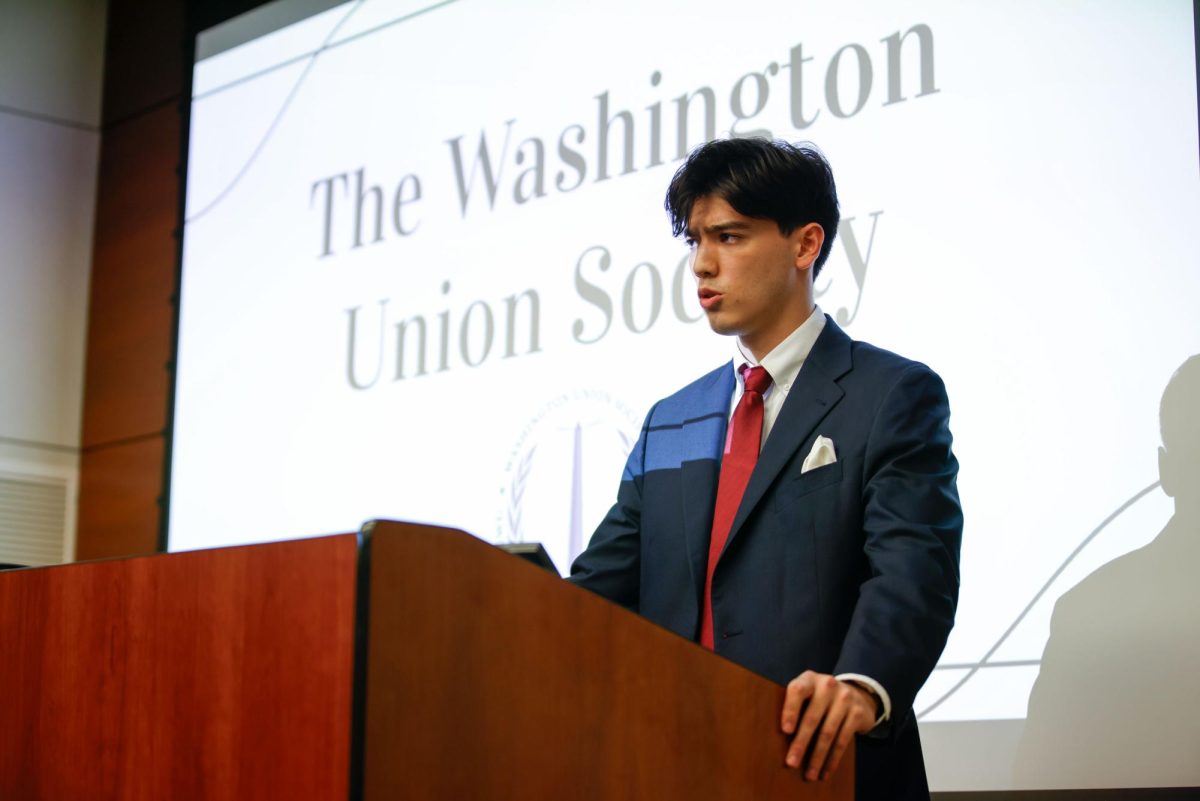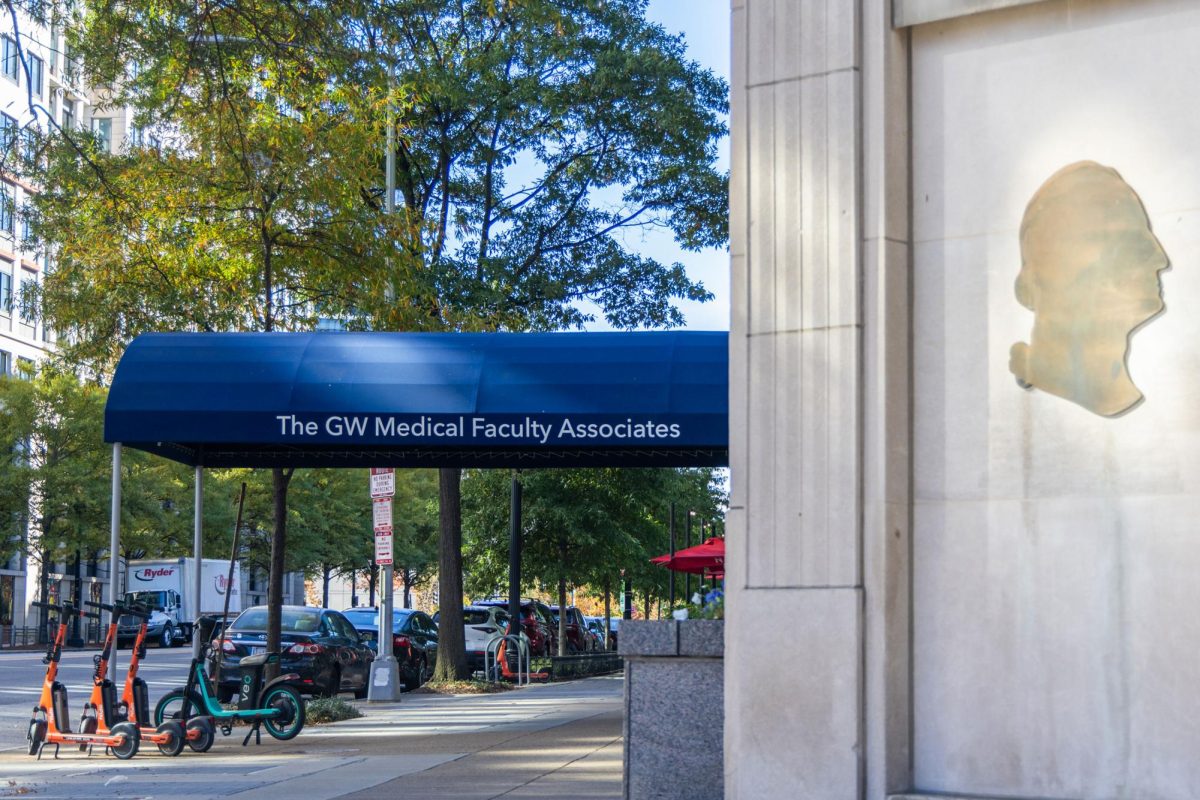Four years after the recession officially ended, nearly 10 percent of students receiving financial aid appealed their packages from GW this fall.
That figure – which is on par with last year and 1 percentage point down from 2011 – demonstrates the still-high demand for need-based aid even as the economic climate improves.
GW approved 69 percent of the 525 appeals through mid-August, the latest data available. Last year, about 70 percent of students’ appeals were granted.
“Though there have been improvements in the economy, this does not necessarily mean there will be a decrease in students appealing for an increase in financial assistance,” Associate Vice President of Financial Assistance Dan Small said.
Students often appeal their financial aid packages after sudden changes to their family’s financial circumstances – like the loss of a parent’s job – or because of errors in reporting income or assets.
Additionally, about 12 percent of those students, or 750 in total, submitted a second-round of appeals, which Small said was also on track to match last year’s figures.
Some students may also appeal their aid packages if they feel their award does not accurately reflect their financial circumstances. Because while the economy is on the upswing, Small said some families’ finances may falsely seem stable on federal aid applications.
He said if families withdraw money from their pensions to help finance day-to-day costs or finance a college education, it’s not shown on an aid application.
“We’re seeing families, who on paper, the results of the FAFSA form is projecting a much higher financial contribution than in reality they have,” Small said.
Small said the University will continue to take into account those circumstances during the appeals process, though the FAFSA application falls short of giving the full picture.
Jesse O’Connell, a policy analyst at the National Association of Student Financial Aid Administrators, said most students are appealing their universities’ financial aid decisions due to financial hardships, not necessarily related to the recession.
“Even in the strongest economy, people are going to lose their jobs or have certain circumstances come up with their families such as an unexpected illness or things that put constraints on their families or financial circumstances that would cause them to come to the financial aid office and ask for a reconsideration of their family’s financial strength and ability to pay,” O’Connell said.




